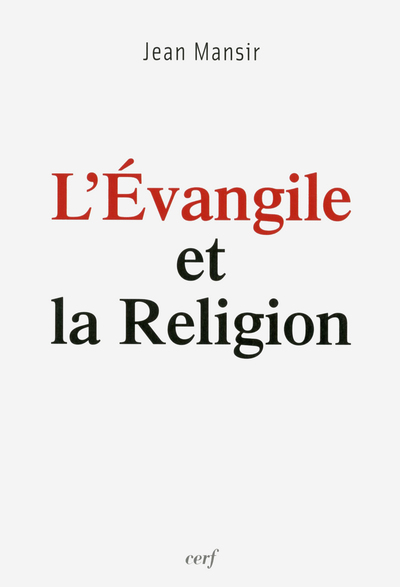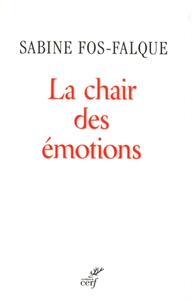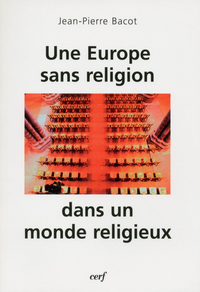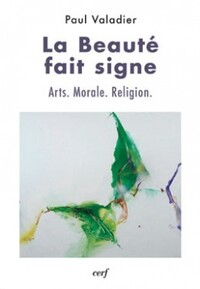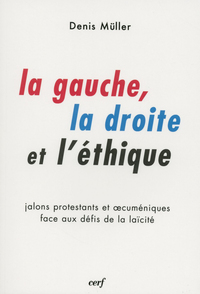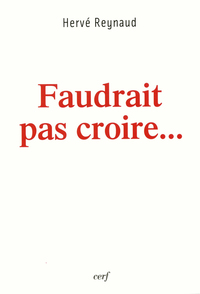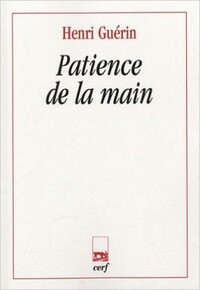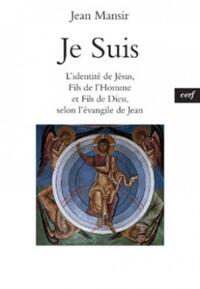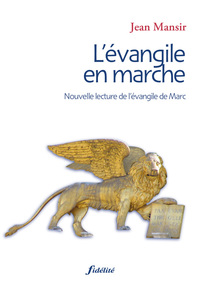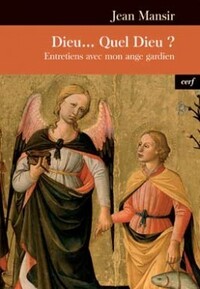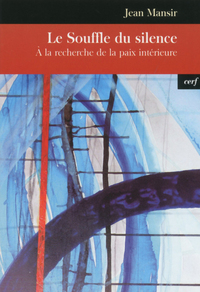Nous utilisons des cookies pour améliorer votre expérience. Pour nous conformer à la nouvelle directive sur la vie privée, nous devons demander votre consentement à l’utilisation de ces cookies. En savoir plus.
L'ÉVANGILE ET LA RELIGION
Cerf - EAN : 9782204093187
Édition papier
EAN : 9782204093187
Paru le : 3 févr. 2011
18,00 €
17,06 €
Disponible
Pour connaître votre prix et commander, identifiez-vous
Notre engagement qualité
-
 Livraison gratuite
Livraison gratuite
en France sans minimum
de commande -
 Manquants maintenus
Manquants maintenus
en commande
automatiquement -
 Un interlocuteur
Un interlocuteur
unique pour toutes
vos commandes -
 Toutes les licences
Toutes les licences
numériques du marché
au tarif éditeur -
 Assistance téléphonique
Assistance téléphonique
personalisée sur le
numérique -
 Service client
Service client
Du Lundi au vendredi
de 9h à 18h
- EAN13 : 9782204093187
- Réf. éditeur : 775711
- Collection : PAROLE PRESENTE
- Editeur : Cerf
- Date Parution : 3 févr. 2011
- Disponibilite : Disponible
- Barème de remise : NS
- Format : H:197 mm L:134 mm E:20 mm
- Poids : 250gr
- Interdit de retour : Retour interdit
-
Résumé :
L'Évangile et la Religion : un mariage de passion ou un mariage de raison ? Tant que l'on parle de cette relation profonde qui unit le croyant à son Dieu, de l'engagement de Dieu dans l'histoire des hommes culminant dans l'Incarnation, de ce que la Bible nomme l'Alliance, la passion est bien ce qui unit l'Évangile et la Religion depuis que Jésus de Nazareth a annoncé et déployé la Bonne Nouvelle dans une étroite relation à Dieu, son Père. Mais que l'on en vienne à évoquer l'histoire mouvementée de la socialisation du christianisme à partir de l'empereur romain Constantin (IVe siècle), de sa progressive structuration en une institution, voire d'un système, alors apparaissent les tensions et parfois même les contradictions entre Évangile et Religion. Le souffle de nouveauté et de liberté du premier se trouve progressivement contraint et souvent contrarié par les besoins d'ordre, de stabilité, d'identité sociale, de sécurité et de conservatisme de la Religion en tant qu'institution sociale hiérarchique de pouvoir et de savoir, de rites et de dogmes. Ce que l'on peut interpréter comme un affaissement, voire une dégradation, était pourtant nécessaire. Les croyants sont des hommes et, comme tels, ils ne sont pas de purs esprits. L'« incarnation de l'Évangile » était inéluctable. Mais il reste au croyant à apprendre à faire la part des choses et à vivre son christianisme, sa foi, de façon dialectique et harmonieuse. Mariage de passion et de raison : apprendre à vivre sa relation intime à Dieu et aux frères, avec sa marque propre et son originalité, autrement dit sa « religion personnelle », à travers les adhésions de l'esprit et la participation aux manifestations symboliques que suscitent la communauté des croyants et l'Église instituée qui la structure pour lui permettre de vivre et de durer dans la fidélité à l'Évangile.
--
The Gospel and Religion: a marriage of passion or reason? As long as we discuss that deep relationship that joins the believer to God - God's commitment in the history of mankind, culminating in the Incarnation - what the Bible calls the Alliance - passion is truly the binding force between the Gospel and Religion, and so it has been since Jesus of Nazareth announced and spread the Good News in a strict reference to God, his Father. But when we evoke the eventful history of the socialization of Christianity, starting from the Roman Emperor Constantine (4th century) - the progressive building of an institution, indeed a system - then tensions tend to appear, even contradictions, between Gospel and Religion. The Gospel's force of innovation and freedom is gradually constrained, often countered, by Religion's need for order, stability, social identity, security and conservatism, as a social, hierarchical institution of power and knowledge, rites and dogma. Yet what could be interpreted as a diminution, even degradation, was necessary. Believers, human beings, are not pure spirits. The "incarnation of the Gospel" was inescapable. But it remains for believers to learn to give and take, to live their Christianity and faith in a dialectical and harmonious manner. A marriage of passion and reason: learning to live one's intimate relation with God and with one's brothers according to one's own character and specificity - in other words, one's "personal religion" - through the union of the spirit and participation in those symbolic manifestations required by the community of believers and the Church that gives them their structure and permits believers to live and endure in fidelity to the Gospel.

